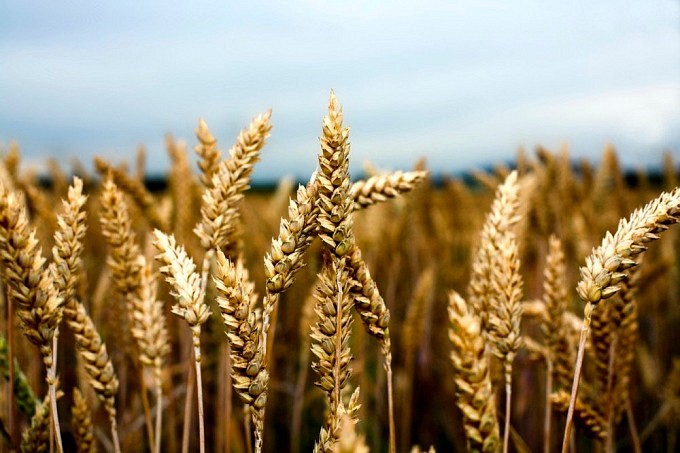
According to Yevgeny Karabanov, a representative of the Grain Union of Kazakhstan, Kazakh flour milling must be supported. However, not due to restrictions on the export of grain, but through the solution of numerous problems in which the industry is bogged down.
First,
- Uzbekistan applies a transit tariff for Kazakh grain, flour and other cargoes bound for Afghanistan. The difference between tariffs for Uzbek and Kazakh flour is approximately $28. In turn, Kazakhstan applies a similar transit tariff for Uzbek goods bound for Russia and beyond. Similarly, this applies to Russian cargo moving through the territory of Kazakhstan to Uzbekistan, Tajikistan, Afghanistan and other countries. It cannot be cancelled. This tariff is regulated by the interstate agreement on international freight traffic (SMGS), which has been signed by more than 30 countries. It is only possible to agree on lowering coefficients. Accordingly, this work should be carried out in KTZ.
Second,
- The excise tax on the import of flour was canceled in Uzbekistan 1.5 years ago until 01.01.22. There is a special taxation regime for tolling transactions, when imported grain is not subject to VAT, in case of its processing and further export of finished products. But, we, in Kazakhstan, have a return of 0 rates to flour exporters - for a long time, dreary, not in full, but there is. In this matter, the Ministry of Finance needs to speed up and simplify the VAT refund procedure for flour exporters.
Third,
- It is necessary to pay attention to the fact that in Kazakhstan flour millers have objectively higher expenses for several items at once, these are the cost of electricity, labor costs, interest on loans. The question is, at the Ministry of Trade and Integration of the Republic of Kazakhstan, where is the state program for subsidizing processing?!
- Having worked out these issues, we will subsequently achieve cost parity.
And then - pure market competition - said the official representative of the Grain Union of Kazakhstan, Yevgeny Karabanov.
As for exports, in this matter, Yevgeny Karabanov believes that the introduction of an export duty on wheat will lead to the replacement of Kazakh grain by Russian grain in the countries of Central Asia. Ultimately, the foreign market for Kazakh wheat will shrink by at least half.
- Russian exporters dream of entering the markets of Central Asia and Afghanistan with their wheat. So far, there are two factors that limit this: the export customs duty on wheat in the Russian Federation, which is currently $58.7 per ton, and the difference between transit and domestic tariffs, which is about $27. Our processors propose to impose an export duty on wheat exports from Kazakhstan in the amount of 50 euros/ton ($57.5). Practically, in proportion to the duty of the Russian Federation. And Russia will resolve the issue of a reduction factor for transit very quickly, for example, linking it to the transit of Kazakh coal to the ports of the Russian Federation and Ukraine (about 5 million tons per year), oil and oil products to the ports of the Russian Federation and the Baltic countries. Currently, the transportation of these goods from Kazakhstan is subject to reducing coefficients for transit through the territory of Russia. In this case, our country risks losing, if not completely, then half, the main market for Kazakh grain (more than 75% of annual export supplies of wheat) and flour (more than 90%).